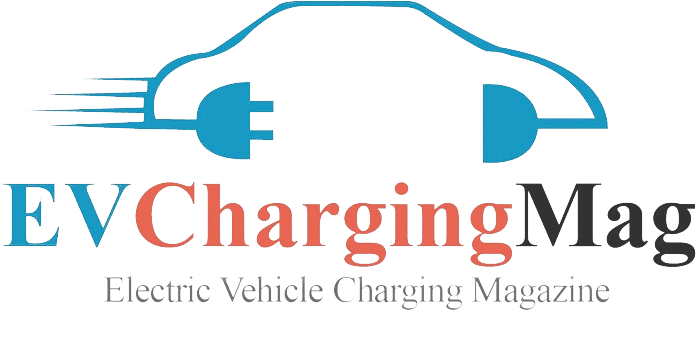Get ready for a revolution in electric vehicle charging! 2025 is poised to bring smarter solutions and more options for UK drivers. From advanced EV models and expanded charging infrastructure to flexible tariffs, the future of electric mobility is bright. But to keep this momentum going, we need continued efforts to boost consumer confidence and accelerate the shift away from fossil fuels.
Charging Up: Expanding the UK’s EV Network
The UK’s public charging network saw remarkable growth in 2024. Zapmap reported over 72,500 public charging devices by November—a 32% jump since the start of the year. This expansion is set to continue. The National Audit Office predicts the UK is on track to meet its 300,000 chargepoint target by 2030.
The Public Charge Point Regulations (PCPR), in effect since November 2024, are also improving the charging experience. These regulations require public chargepoints to offer contactless payments. They also mandate 99% reliability for faster chargers (50kW+) and provide free 24/7 helplines. These measures address key concerns for EV drivers, especially those without home charging.
Smart Charging: The Future is Now
New advancements in chargepoint hardware and software are transforming how we charge EVs. Modern chargepoints now support the Open Charge Point Protocol (OCPP 2.0.1). This enables features like Autocharge. With Autocharge, you simply plug in your car, and the charger handles the rest. It’s a seamless, plug-and-play experience.
ISO 15118-compatible chargepoints are also paving the way for Plug & Charge. This offers an even more secure and automated charging process using encryption and digital signatures. It streamlines payments and boosts cybersecurity—a crucial aspect of EV infrastructure.
Chargepoints like CTEK’s CC3, equipped with ISO 15118, will support bi-directional charging technologies such as Vehicle-to-Grid (V2G) and Vehicle-to-Everything (V2X). These technologies allow EVs to act as mobile energy storage units. They can feed power back into the grid or even power homes, optimizing energy use and promoting sustainable practices.
Flexible Tariffs: Saving Money and the Planet
UK energy providers are already testing dynamic, flexible tariffs for EV owners. These tariffs allow drivers to charge during off-peak hours when electricity prices are lower. They also encourage charging when more renewable energy is available. These tariffs offer lower costs for drivers and support greener energy solutions. Expect to see more of these tariffs in 2025. They will provide cost-effective and environmentally friendly charging while helping balance electricity demand.
Faster, Further, Smarter: The Next Generation of EVs
The EV market is poised for an influx of new models in 2025. These models will feature extended ranges and ultra-fast charging capabilities (300kW+). Charging infrastructure is evolving to keep pace. Smarter fast and rapid chargers will optimize charging speeds based on each vehicle’s unique needs. This is especially important for drivers without home charging.
However, government grants for chargepoint installations are set to expire in March 2025. Continued support for residential and workplace installations remains essential. Industry experts are calling for grant extensions or replacements to maintain growth and accessibility.
Policy and Incentives: The Road Ahead
The Government’s Zero Emission Vehicle (ZEV) mandate will also shape the EV landscape in 2025. This mandate requires manufacturers to increase EV sales as part of the transition to an all-electric future by 2030. The mandate may see adjustments as manufacturers seek more flexibility.
Subsidies for new EV purchases ended over two years ago. Yet, the market still saw growth in battery electric vehicles (BEVs) and plug-in hybrids (PHEVs) in 2024. A return of purchase grants in 2025 seems unlikely. However, the Government’s commitment to net-zero goals could lead to new incentives to further accelerate EV adoption.
A Pivotal Year for Electric Mobility
With advancements in technology, infrastructure, and energy solutions, 2025 promises to be a pivotal year for the UK’s transition to electric mobility. Continued investment, regulatory support, and incentives will be crucial to make EV ownership accessible to all. 2025 has the potential to solidify the UK’s position as a leader in electric mobility, paving the way for a cleaner, more sustainable transportation future.

